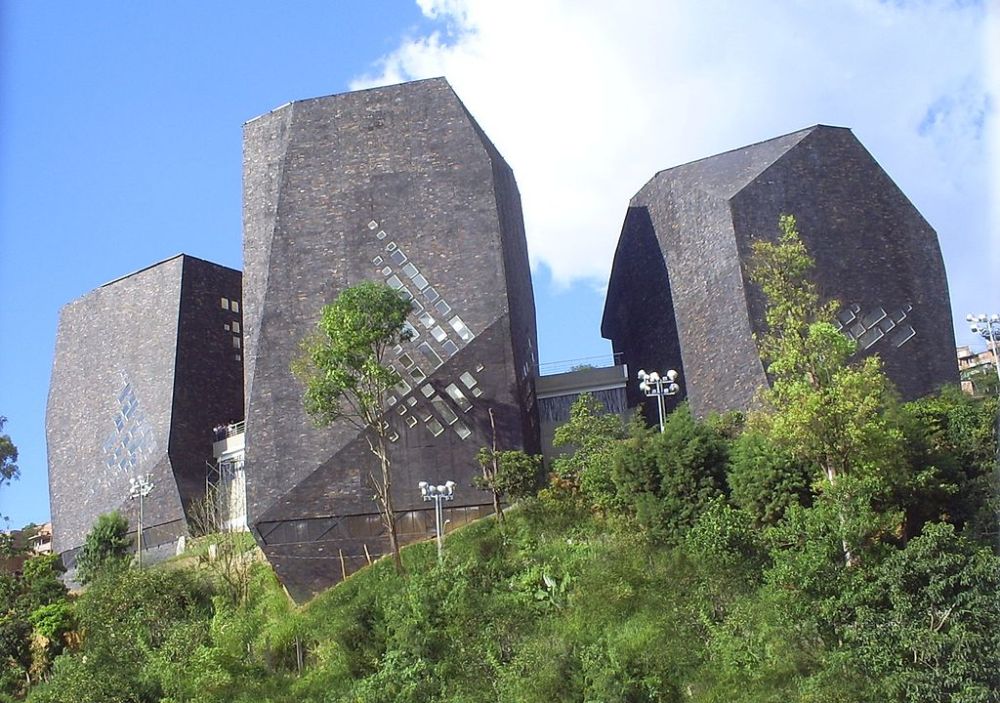The Social Media Surgey in Halesowen earlier this week took a different form to the way things usually run. Natalie from Dudley Advocacy, Nicky from Citizens Advice Sandwell and Tracy from Dementia Friends had come along and were all wondering about how to use social media for their organisations. Between them they had a range of personal experiences of using social media, Natalie and Nicky being familiar with Facebook for personal use (though uncertain about using it for their organisations) and Tracy had been using StreetLife and exploring interests.me to make connections in Halesowen.

Tracy, Natalie and Eileen | Halesowen Social Media Surgery @ Coffee Cups in Halesowen
Sharing ideas
It felt appropriate for us all to work together as a group, and great resource to use was Honey Lucas’s simple exercise to tie your social media to your organisational goals (I reposted it here last year because I love it so much). I opened it on my iPad and we worked through the questions, with everyone helping each other when it came to ideas of ways social media could help meet organisational goals. It was brilliant being part of a conversation in which ideas and suggestions were flowing and building, with everyone finding it useful.
Sharing online communities
Libby from Halas Homes joined us later in the session, and there was a fantastic discussion about interests.me Designed for non-experts, interests.me provides everything helps groups and organisations to create email newsletters, social media posts, and even printed newsletters in just a few simple clicks. Stories are the building blocks in interests.me. Stories might be a piece of news or information, an event or anything else you need to communicate. With interests.me, you create a Story once, adding a picture if you choose. You can then use it as a blog post, in an email newsletter, on social media and on community websites in interests.me
 Tracey had spotted the potential of interests.me, and Libby talked enthusiastically about ways Halas Homes are using it, and sharing to the Dudley community. It occurred to me during this exchange that interests.me might be a more appropriate tool than a blog for a number of people who come along to social media surgeries for support. It’s much easier to use, and if we can really get a vibrant Dudley community going using interests.me then the challenge of getting the word out to wider networks is partly solved in a way that blogging platforms can’t offer,
Tracey had spotted the potential of interests.me, and Libby talked enthusiastically about ways Halas Homes are using it, and sharing to the Dudley community. It occurred to me during this exchange that interests.me might be a more appropriate tool than a blog for a number of people who come along to social media surgeries for support. It’s much easier to use, and if we can really get a vibrant Dudley community going using interests.me then the challenge of getting the word out to wider networks is partly solved in a way that blogging platforms can’t offer,
Sharing stories
During the morning ace surgeon Eileen from Dudley Volunteer Centre (@DudleyVols) had consistently talked about the importance of stories in communicating and engaging people. As we talked more and more about stories and great ways of telling them I was reminded of something brilliant I’ve recently got involved in around storytelling and mobilising people to make change. Thanks to the generosity and excellent network weaving skills of Clare Wightman, Mel Smith and Naomi Brook and the fabulous people they work with, I have taken part in two brilliant learning sessions around leadership, stories, campaigns and mobilising / social movements. (And reconnected with Coventry along the way!) I plan to bring the sessions to Dudley once I’ve been trained up to facilitate them. It was great to hear from everyone at the Social Media Surgery that they would be interested.
All this in 90 minutes together. And what did Nicky, Natalie and Tracy think at the end of the surgery?
“It was more helpful than I thought it would be.”
“I feel less alone with this now.”
“It’s good that the surgeries are a month apart, it gives you time to go away and try things, then come back if you need to, or want to learn something else.”
Our next Social Media Surgery is on Thursday 13 October in Brierley Hill, please spread the word.
 Thanks to a warm invitation from the fab Caroline Salter, we’re bringing October’s Social Media Surgery to Brierley Hill. It will be on Thursday 13 October, from 2pm. You can
Thanks to a warm invitation from the fab Caroline Salter, we’re bringing October’s Social Media Surgery to Brierley Hill. It will be on Thursday 13 October, from 2pm. You can 
 Tracey had spotted the potential of interests.me, and Libby talked enthusiastically about ways
Tracey had spotted the potential of interests.me, and Libby talked enthusiastically about ways 




